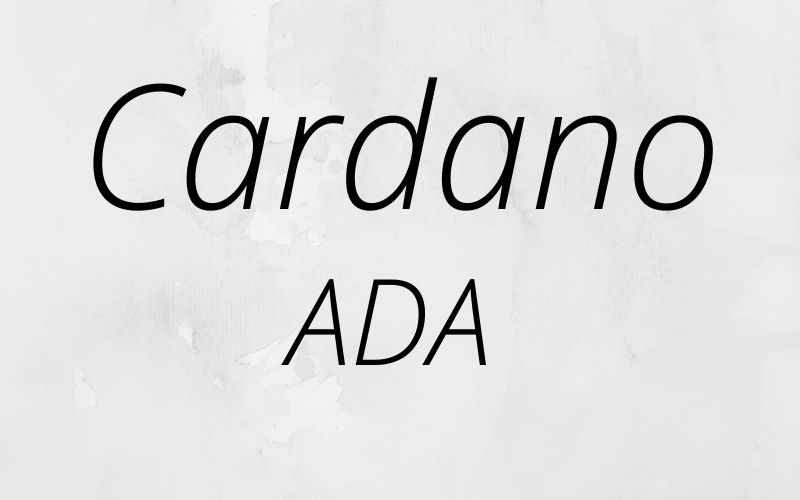As a report has it, work is in progress to build the first decentralized exchange (DEX) known as Cardax on the Cardano network.
Over the past years, the number of decentralized exchanges (DEXs) has substantially increased. For instance, in Ethereum, there is Uniswap, Airswap Protocol, Etherex, IDEX, among others. But there are no decentralized exchanges yet on the Cardano network.
Native tokens built on the Cardano network have no native DEX to list. So, in order to make this happen, a team of developers has submitted a Fund 4 proposal on Project Catalyst, seeking $50,000 to fund the development of Cardax, which will serve as the first decentralized exchange in the Cardano ecosystem.
Ryan Morrison, the leader of the team at Quant Digital, a company that builds on Cardano, believes that his team has all it takes to make the project a success.
Read Also: Cardano Google Searches Hits New All-Time High in the Wake of Multi-Asset Era Implementation
Cardax Project Roadmap
According to the update, Cardax as the first decentralized exchange on Cardano will be powered by the Extended Automated Market Maker (EAMM) protocol.
Its major purpose is centered on providing liquidity to projects that issue native tokens on Cardano. Following the implementation of Mary protocol upgrade on the Cardano mainnet, which brought native tokens and multi-asset support to Cardano, there is an increase in the need for native exchanges on the network.
Moreover, the upcoming implementation of the Goguen era will bring smart contracts that will enable the development of decentralized applications (DApps) on Cardano.
Read Also: Nearly $500 Million Worth of ADA in Project Catalyst Funds Now in the Cardano Treasury
According to the update, the availability of a native Cardano exchange will provide a lasting solution to some trading challenges and gaps within the Cardano ecosystem.
Cardax will bring the following features and capabilities to the Cardano network:
- Support for any Cardano native token
- Ability to join liquidity pools to collect fees on ADA- Cardano native tokens pairs
- Liquidity-sensitive automated pricing using EAMM protocol
- Ability to trade ADA for any Cardano Native Token
- Ability to trade between Cardano Native Tokens through a single transaction
- Ability to trade and transfer to a different address in a single transaction
- Easy purchase of ADA or any Cardano Native Token from Yoroi wallet
Read Also: Cardano’s Goguen Era Progresses to Its Full Implementation with This Development Update
In a nutshell, Cardax promises to provide a trustless way of connecting stakeholders while promoting impartial governance and involvement in the Cardano community.
Follow us on Twitter, Facebook, Telegram, and Download Our Android App
